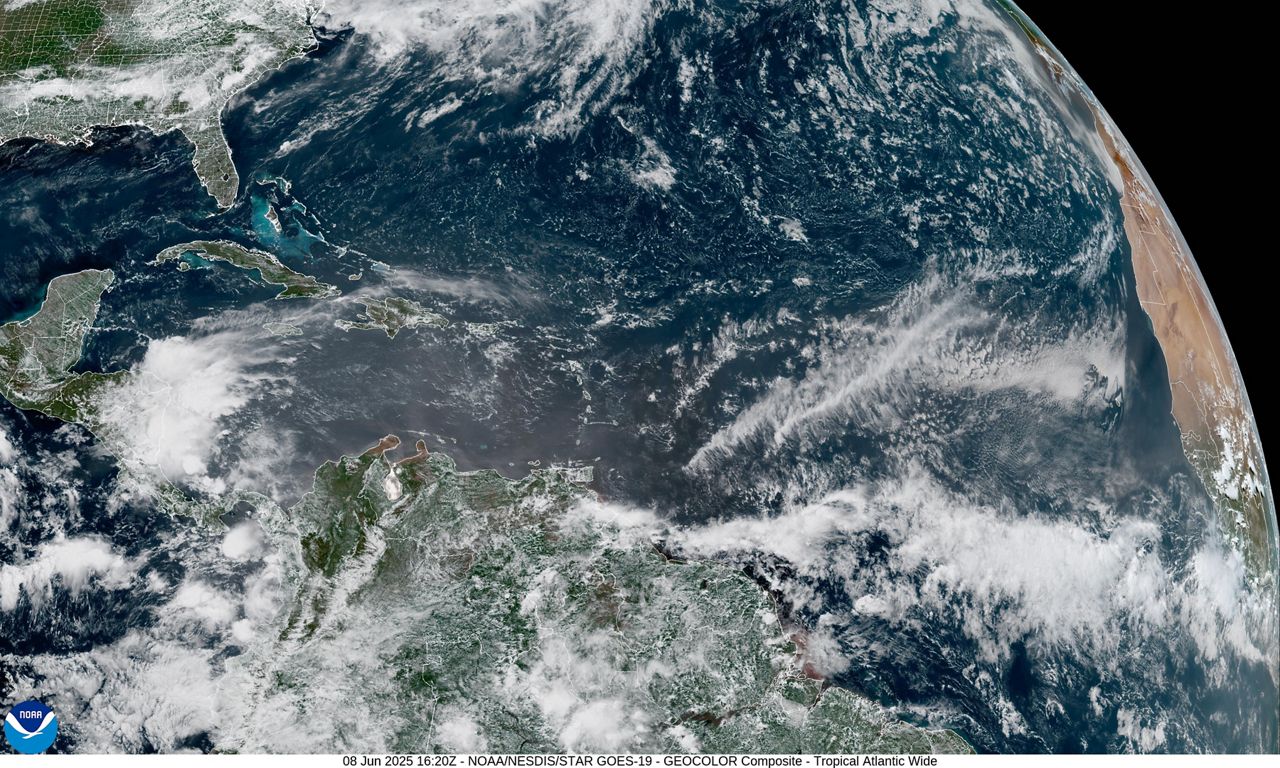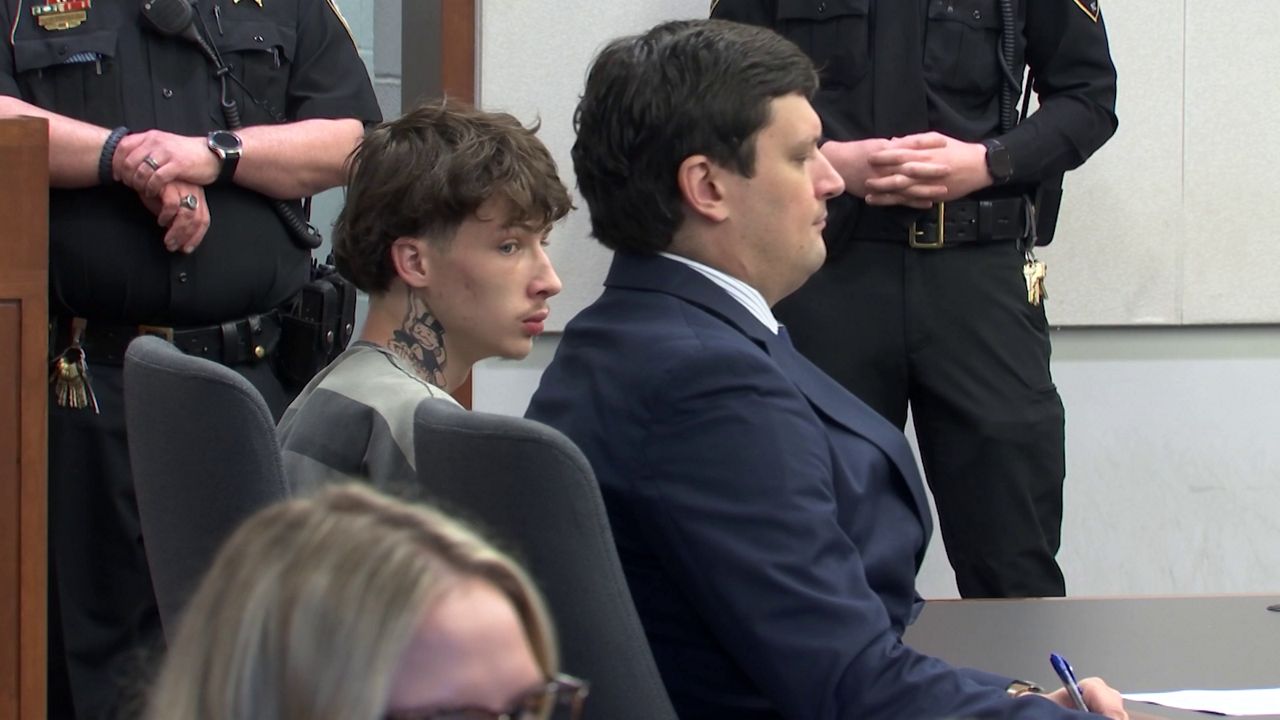CHARLOTTE, N.C. — New Year’s Eve is a day for celebration, but it can also be one of the most dangerous days on the road.
The holiday brings in more DWIs than any other day of the year, with drunken driving-related deaths 117% above average, according to website MoneyGeek.
“Folks don't plan to get a DWI, but they're just celebrating and then it's time to go home, and they get behind the wheel without thinking about it,” said Mackie Johnson, chief clinical officer at Anuvia, a nonprofit prevention and recovery center.
According to the National Highway Traffic Safety Administration, about 37 people die every day in drunken driving crashes.
Jennifer Lucas, diversion coordinator at Anuvia, says one decision can change a person’s life forever.
“It’s not just DWIs that are the negative outcomes that we see," Lucas said. "It's injuries, it's damage to relationships, it's lost jobs — after just one night.”
Drunken driving can have other serious consequences, including higher insurance rates and a mountain of legal fees.
“The cost of treatment, the fines for a DWI can be up to $10,000. The cost of legal representation can run up to $10,000," Johnson said. "So it seriously financially affects your family. It can affect your livelihood.”
A DWI misdemeanor stays on your record for seven years, and a felony for 15 years, affecting careers and quality of life, Johnson says.
“Certain jobs related to transportation and health care, if you have your CDL (commercial driver's license), certain things like that, it can inhibit your ability to work,” Johnson said.
The legal process of handling a DWI can also last up to a year, with court-ordered treatment at centers like Anuvia.
“We start with an assessment and from that assessment, they're going to get a recommendation for either an educational program, which is called alcohol, drug education and traffic school. It's called ADETS for short. That is a mandated curriculum by the state,” Lucas said.
Alcohol was a factor in 22% of traffic fatalities in North Carolina last year, according to the state Department of Transportation.
“The guilt and the remorse that goes along with having the loss of a family member and realizing that I had some impact on that, harming other people that you don't know, that you've never met in your life, that have families, that have careers, that have dreams and aspirations," Johnson said. "All those are wiped out because of the course of the DWI."
But Lucas says DWIs can be preventable.
“We can prevent them by, No. 1, not drinking at all or not using. If we do, be mindful of our consumption and go ahead and make a plan ahead of time,” she said.
Anuvia recommends people assign a designated driver and have ride-hailing apps downloaded in case plans change.
For more information on services provided by Anuvia, visit its website here.









